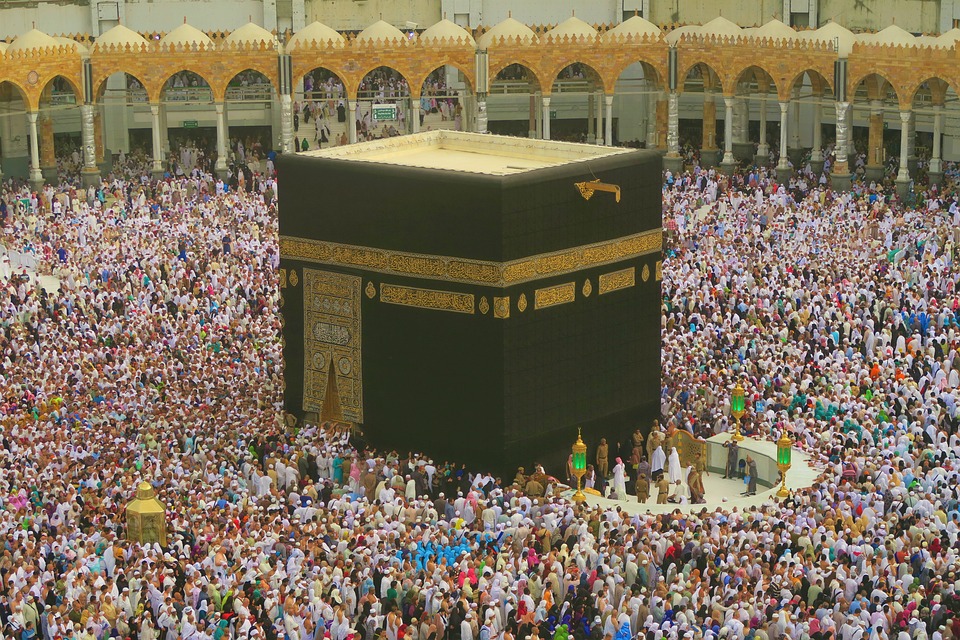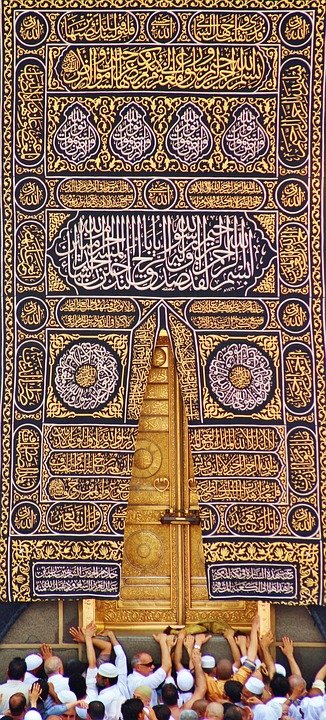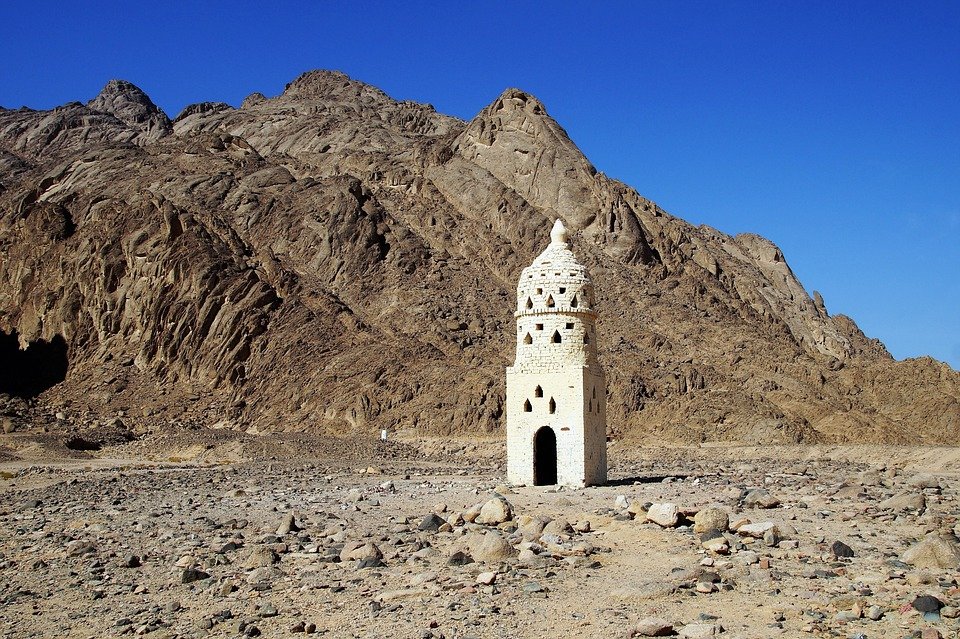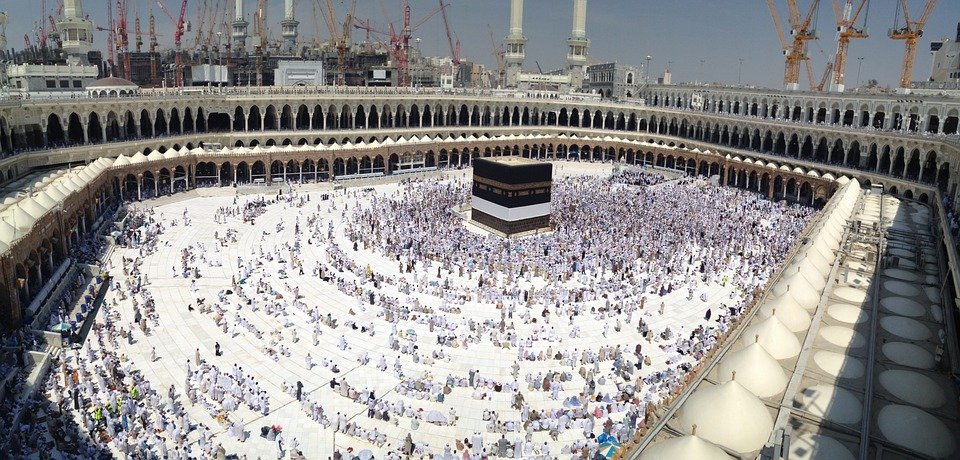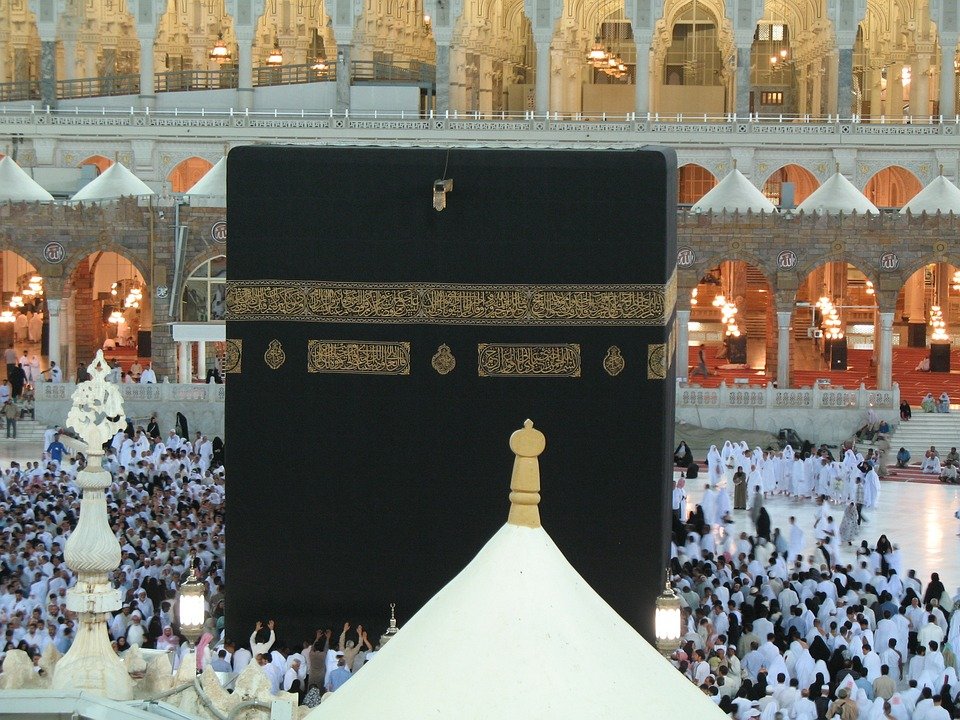When exploring the topic of “what is Hajj quota,” it’s essential to understand that this quota refers to the limited number of pilgrims that each country is permitted to send to the holy city of Mecca for Hajj each year. In this article, I promise to guide you through the complexities of the Hajj quota system, which plays a crucial role in managing the number of worshippers attending this significant pilgrimage. You’ll find clear and concise answers to your questions, making this guide a valuable resource for anyone looking to learn about this important aspect of Hajj.
Understanding what is Hajj quota is not just about numbers; it reflects the significance of maintaining order during this monumental event. The quota ensures that every country sends a manageable number of pilgrims, allowing for a more spiritual experience while respecting the local infrastructure. With over nine years of expertise in the fields of Umrah and travel to Makkah and Madinah since 2016, I feel confident that we can provide insightful information about “What is Hajj Quota: Understanding the Pilgrimage Limits.” Together, let’s explore this important topic and gain a deeper appreciation for its role in one of the largest gatherings of faith in the world.
What is Hajj Quota: Understanding the Pilgrimage Limits
The Essence of Hajj
Hajj is a remarkable pilgrimage to Mecca that every Muslim dreams of experiencing at least once in their lifetime. This spiritual journey takes place during the Islamic month of Dhu al-Hijjah and involves various rituals that reflect devotion, humility, and unity. Millions of Muslims gather from all corners of the globe, and each individual hopes to grow closer to their faith. Hajj stands as a vital part of Islamic teachings, emphasizing the importance of faith and community.
Being part of Hajj is not just about the physical act of pilgrimage; it carries profound spiritual meanings. Each day of the pilgrimage is filled with rituals that connect attendees to their beliefs. From the moment they put on the ihram (the special garments worn during Hajj) to the final acts of worship at the Kaaba, pilgrims find moments of reflection, prayer, and renewal. This pilgrimage promises to change lives, instilling a deep sense of peace and understanding in everyone who participates.
The Concept of the Hajj Quota
The Hajj quota refers to the limit set on how many people from each country can perform the pilgrimage each year. This limit is not arbitrary—it is carefully calculated based on the number of Muslims in a particular country. The Saudi Arabian government decides each nation’s quota, ensuring that the flow of pilgrims remains organized and manageable. Since Mecca is a relatively small area, controlling the number of attendees helps maintain safety and the sanctity of the pilgrimage.
While it seems straightforward, the quota system is crucial for various reasons. It prevents overcrowding at the holy sites and allows for better management of resources like transportation, accommodation, and food. This organization ensures that every pilgrim can participate in the rituals without hassle. It also facilitates the smooth running of the event, making it more enjoyable for everyone involved.
<h3-Historical Context of Hajj Quota
The concept of a Hajj quota has roots in history, evolving over time to reflect the increasing number of Muslims worldwide. In its early days, Hajj was a local affair, with only a scattered number of able pilgrims making their way to Mecca each year. However, as the Islamic population grew and transportation improved, the numbers surged, making a quota necessary. Established systems began to form in response to these changes.
As time went on, the Saudi government recognized the need for better control over the pilgrimage experience. Setting quotas became essential to ensure that the spirit of Hajj could be preserved while catering to a growing global audience. It reflects a balance between fulfilling religious obligations and maintaining order, ensuring that every pilgrim can soak in the spiritual atmosphere without undue stress.
Quota Allocation and Challenges
All nations have different Hajj quotas based on their Muslim populations. For instance, larger countries with massive populations often receive a bigger quota. This system attempts to ensure that everyone has fair access to this sacred journey. However, it doesn’t always work smoothly. Among diminutive Muslim communities, individuals can find it frustrating to secure a spot, often facing fierce competition.
Many aspiring pilgrims apply through travel agencies that are registered with the Saudi government. Whether they are from Indonesia, Pakistan, or Algeria, the demand often exceeds the available spots. Thus, thousands find themselves hoping for an opportunity year after year. This circumstance leads some to feel disappointment and frustration, as they yearn to experience this monumental pilgrimage.
The Role of Tour Operators in Hajj
Tour operators who specialize in Hajj have an incredibly important role in this experience. They manage all aspects of travel arrangements, offering a streamlined path for pilgrims wishing to fulfill their spiritual journeys. By connecting with established tour operators, pilgrims can ease their worries about the complex process of securing visas and planning logistics. These professionals can provide valuable advice on everything from accommodations to local customs.
Even though many travel operators coordinate the logistics, they too must comply with the set quotas and regulations. This means that not everyone who wants to go can book a trip with their first choice of operator. Each operator has a limited number of packages based on their allocated quota. Thus, it becomes a vital resource for pilgrims looking for support as they plan their spiritual adventure.
The Spiritual Dimension of Hajj Quota
The Hajj quota not only involves logistics but has a significant spiritual dimension as well. The concept of limited participation makes each pilgrimage exclusive, bestowing a deeper significance on the event. Knowing that only a select number of individuals can participate each year fills the occasion with special meaning. Those fortunate enough to be selected often reflect on their responsibilities during this sacred time.
This exclusivity encourages persistence and dedication. For many Muslims, being accepted to perform Hajj is not simply a travel opportunity; it is seen as a unique honor bestowed upon them. The quota system may frustrate some but, on a higher level, it fosters a deeper reverence for the pilgrimage itself. Leaving room for contemplation amplifies the anticipated spiritual experience, compelling each pilgrim to approach Hajj with a heart full of gratitude.
Future Changes to Hajj Quota
As the world changes rapidly, so too could the dynamics of the Hajj quota. Emerging technologies, innovations in travel, and evolving demographics may influence how quotas are set in the coming years. For instance, the ongoing development of infrastructure in Saudi Arabia could allow for more pilgrims to visit safely and comfortably.
Furthermore, discussions among Muslim communities regarding accessibility may encourage governments to revisit their quota allocations. With each passing year, the needs of pilgrims evolve, and addressing these needs becomes paramount. Whether through advancements in technology that streamline travel or fresh approaches to quota assignments, the landscape of Hajj could experience significant transformation in the years ahead.
Celebrating the Spirit of Hajj Beyond Quota
Despite the limits imposed by the Hajj quota, it is essential to remember that the spirit of pilgrimage exists year-round. Many Muslims find ways to express their devotion outside of the pilgrimage itself. By engaging in charitable activities, community service, or local religious events, individuals can live out the essence of Hajj in their daily lives.
Pilgrimage is not just a matter of numbers. It represents a shared experience among Muslims all over the world, creating bonds of solidarity and support. Even if the formal opportunity for Hajj is limited, the underlying values it symbolizes—faith, unity, and spirituality—remain accessible to everyone. In cultivating these virtues within our communities, we can celebrate the blessings of Hajj beyond the designated quota.
Mushu, an experienced Saudi Arabia traveler and writer, shares insightful tips and spiritual reflections to enhance Hajj and Umrah journeys for fellow pilgrims. He has been to Makkah and Madina from 2016 to 2023 many times and his posts will reflect this.


